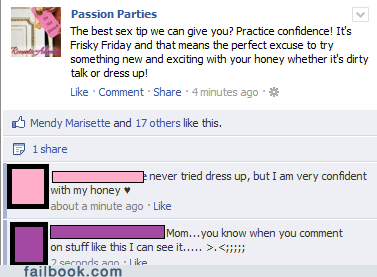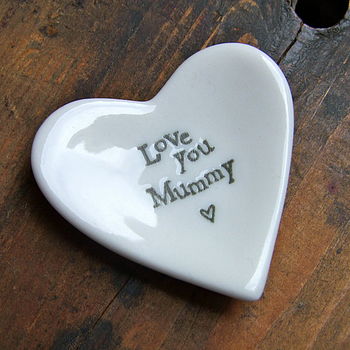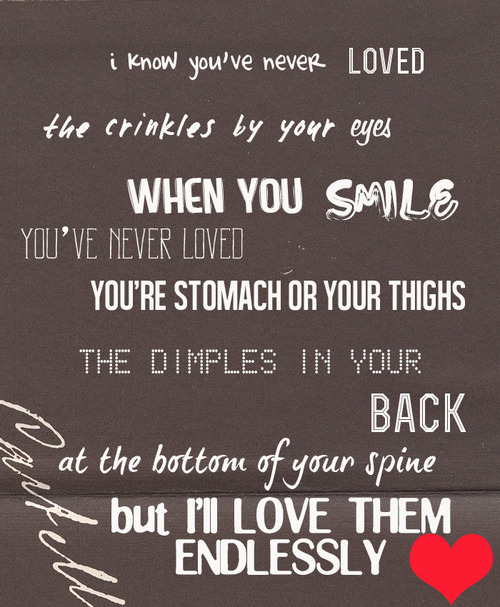
The Social Media Generation
Most schools offer good advice, and have policies in place to tackle cyberbullying, but what about the wider implications of our kids being the first Social Media Generation?
They have grown up with Facebook and Twitter, they are used to their lives being shared online. My kids say, ‘Put that on YouTube’ when I filmed the dog doing something funny. They have not yet learned the dark side of the internet.
I have written about keeping kids safe on the internet, but how should we be teaching our kids about Social Media, and the long term implications of what they are tweeting or facebooking.
I have had conversations with teachers who admitted they have no idea how Twitter works, don’t use Facebook and have never heard of Google+. Not that I am suggesting that they should all be as interested in Social Media as I am, but would they know how to tackle this issue in school?
Googling ‘teacher suspended facebook‘ brings up a slew of stories, which suggest teachers are not always aware of the dangers of Social Media. This is not teacher bashing – millions of FB users have abysmally bad privacy settings on their Facebook page, but teachers are the ones who are often judged and punished for posting their indiscretions online. The recently launched Facebook Global Search has been called ‘a creepers dream’ so now would be a good time to revisit your privacy settings.
TMI – Too Much Information
Reality shows such as Celebrity Big Brother and X Factor, along with the constant exposure of the private lives of public persona may give the impression that there is no such thing as TMI. Details of celebrity romances, marriages, divorces and even deaths are headline news, and the Kardashians vie with Katie Price to share ever more intimate details of their live.
We don’t need to know the details of your sex life. Really.
You Can’t UnShare
When you click that button, there is no going back. Sure, you can delete the post, but can you be sure no one has taken a screenshot, or already shared or RTed your post? Google takes a ‘snapshot’ of each webpage – the ‘cache’ and this can be accessed even after the page has been deleted. That photo of you sitting on the loo, with a dog on your knee? Do you really want reminded of that in the years to come?
Losing Control
Once you put a statement or photo out there, you cannot control what someone else does with it. Will they laugh and delete, or share with half the school? You might think that your new girlfriend would never ever show anyone that photo of you, but do you want to risk it?
Don’t Share When Angry
It is easy to snatch up a phone and send an angry email or text, or post a snarky comment on Facebook. Will it hurt a friend, or cause you trouble?
Privacy Settings
When you write a post, can you be certain that only those you wanted to address can see it? Check your Privacy Settings to see if friends of friends can see your posts.
Teens should be taught that if they post abusive comments online, they may well be found and even prosecuted. That if they tweet a photo of their body parts, it might get passed on to others.
Actually, not just teens need to learn to think before they hit send. I began thinking about this when reading about the horrible abuse that Professor Mary Beard was subjected to recently. We need a national conversation about what is acceptable in debate, and what is not. Social Media is brash, new and still evolving. The anonymity of online message boards encourages people to be brutally honest, and this can stray over the line into nasty and bullying. Would the posters on such boards think twice if they thought that they could be identified and publicly shamed?
For many young people, Social Media allows them to stand up and shout out their feelings. They may think it is really funny right now, but would they be able to look the person they abused in the eye and make that comment? Or will they later look back on their posts and feel ashamed of their behaviour?
I am not saying that the people posting the horrific abuse about Professor Beard are young men guilty of a ‘youthful indiscretion’, or that there should be an excuse for them. Of course our first job as parents is to teach our kids that online abuse is just as bad as going up to a person and punching them. And that once that comment is online, they might not be able to take it back. Even after an apology, people are going to judge them for that comment, for making it in the first place.
What youthful indiscretions would a google search of your name show up? A photo of a drunken night out would likely not put a prospective employer off hiring you, but how would they view an abusive tweet or an extreme political viewpoint? Should a person be forever judged by a silly comment made when they were 14 years old?
If a teen posts about bunking off school, and hating work, is he less likely to be accepted to that college course? Or get that job?
The often anonymous nature of the internet, and a feeling of detachment, often leads people to think that they can write online without fear of repercussion. What if payback came years later?
We owe it to our kids to protect them from this, and to inform them of the pitfalls of Social Media. I’d love to hear your thoughts on this.
EDITED
Check out this interview with a US college admissions officer, on what they look for in an applicant. He states:
‘Students always ask if we check them out on Facebook and Twitter. If an applicant seems really cocky or entitled, I do Google them. Facebook is so easy to block, but a lot of kids have open Twitter profiles. It rarely paints a good picture. You’ll see kids being really mean and disrespectful. Occasionally, there’s a picture of them drinking or flipping off the camera. Or they’ll be using bad language. It just comes off as immature. It’s a turn-off’







6 Comments
Lesley Beeton
Good points.
Not just kids, obviously. Vulnerable adults and the naive too. Thinking about my elderly Dad who uses Facebook but has no idea about privacy settings. I don’t have a Facebook account.
Lynn C Schreiber
Yes, agree about vulnerable adults.
TottWriter
I have a facebook account, Twitter, Tumblr etc. I also make sure that I keep my posts limited and my privacy settings high, and I stopped posting photos of my children online because I figure that if I’m uncomfortable with the idea of strangers being able to see my baby photos, my kids probably will be as well. They should have the right to decide what they share when they are old enough to share it themselves, which goes hand in hand with teaching them the implications of that.
I absolutely agree that a lot of people just share and share without considering the consequences of what they are posting and how visible it is. It’s something I have been guilty of myself in the past, as well. I also agree that it is something we need to start taking more seriously, and something children need to be educated about. Too many people responsible for the welfare of children – be they parents, teachers or politicians – don’t really understand the ins and outs of the internet, and it is leaving a young and impressionable generation very unprepared indeed.
Lynn C Schreiber
I don’t post pics of my kids on the blog now, and limit how many photos I share on Facebook and Twitter. It makes me uncomfortable to read blogs which feature every detail of the family life. It feels very intrusive.
Julianne
Very interesting and observant points here. The culture of social media is changing so fast it’s very difficult for individuals to keep up, never mind businesses and organisations. I often feel anxious for those who are on social media without really understanding it or using it wisely or carefully for that matter. Not that I’m an expert of any kind – I suppose I just feel savvy/cynical enough to deal with the realities of these sites, and even then I think I’m still pretty cautious, most of the time anyway!
Pingback: